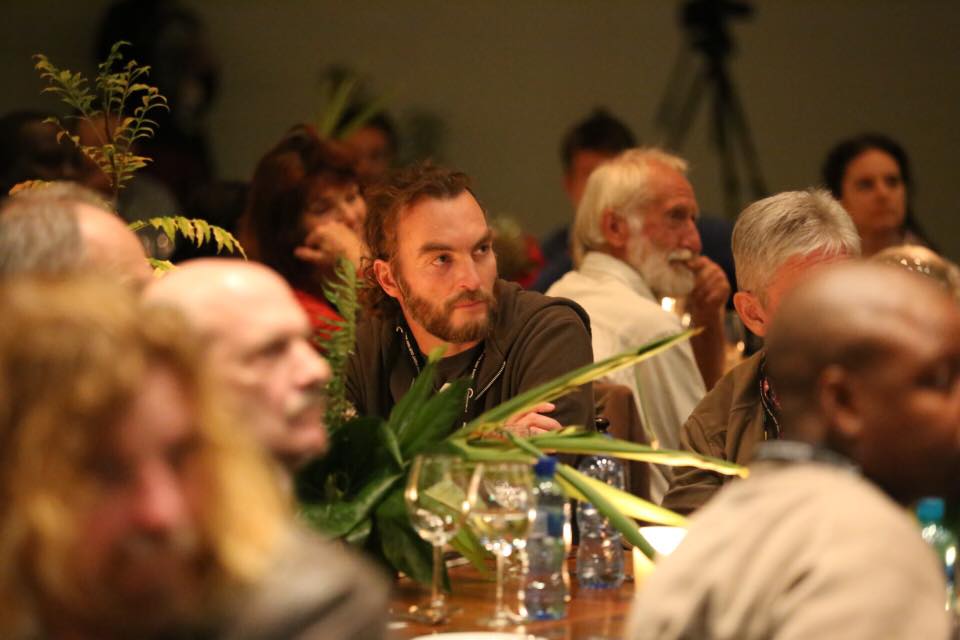KNOCKING THE EDGES OFF
Brent Stapelkamp, who studies and photographs lions as part of the Hwange Lion Research Project in Zimbabwe, reflects on what he learned from his first un-conference experience at the Conservation Lab 2016.
Having been home now for about a fortnight or so since the Conservation Lab, I am still catching up with the great contacts that I made on that beautiful estate in Stellenbosch. I must admit that the so-called “un-conference” format left me wondering what I was heading into as I arrived at the Spier hotel, but then again, I had recently emerged from underneath a rock (so to speak) and I had only been to one conference before this anyway! I was excited to say the least and knew if nothing else it would be a great networking trip.
We arrived early and so spent some time on the loungers outside. Immediately, from the diverse backgrounds of the people in our newly introduced circle, I found the process very stimulating. Conservation is evolving much faster than its traditional subjects and within an hour of arriving I had discussed drones, apps and social media, and all from a conservation perspective! My notebook started filling up with scrawls and diagrams and we had not even registered yet!

We were told very early on in the introduction part of the event that this was a participatory conference (or un-conference, sorry) and so I tried to follow that. Small groups with an open agenda as it were. People started the conversations along the themes that they proposed and then it followed its own course naturally. In some tents or “national parks” as they were labelled, the conversations had to be brought back from their exciting tangents but that was fine because after the allotted time there were five key points on the flip-chart. I’d fill my pockets with roasted nuts between talks and then rush to the next one with a few minutes to introduce myself to some of my conservation heroes and then it would start again.
All in all it is a great way of doing things to get away from “death by PowerPoint” as someone called it. You could choose what you wanted to listen to and decide on the depth of your involvement.
The biggest lessons for me were about technology and its varied use in conservation circles, from the latest and most sophisticated drones tracking poachers to an app used to educate young Chinese about the real way that ivory is obtained from elephants. Technology is not necessarily only about liquid crystal and WiFi either; it can be about adapting the African culture of storytelling or using exposure to wildlife as a means of recruiting the next generation of conservationists. A big thing for me is the drive to see the Lion listed or defined as a World Heritage species, and in our discussion we spoke about a “Lion levy” where companies using lion images to sell products should pay for those image rights; much like you would if David Beckham was on your t-shirts! Someone mentioned getting rural Africans to sign the petition for a World Heritage species and not just the first world! Lots of things to think about and seeds planted (as my wife always says).
And how will these lessons shape my future conservation efforts? I feel that I have long since abandoned the idea that I know everything…I am continually looking for people and ideas that challenge me and mine and so I’d say that my lessons learnt at the Conservation Lab will do their bit to “knock the edges off” and play their part in a much more evolved and fluid mindset about the future of Africa’s wildlife and wild places. I am open like the Serengeti…











